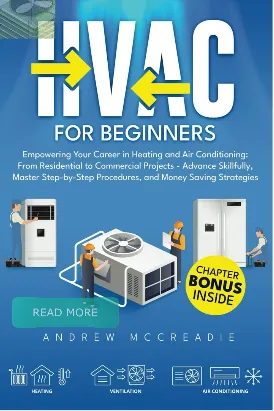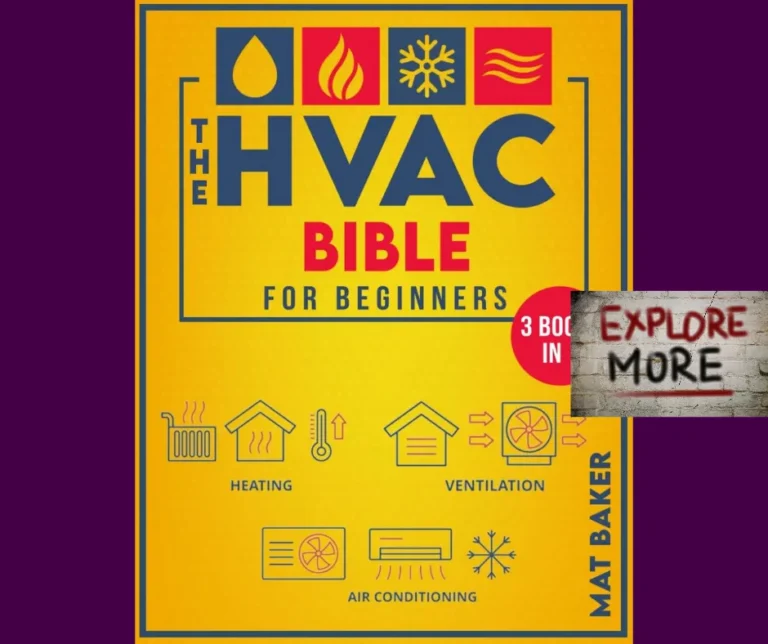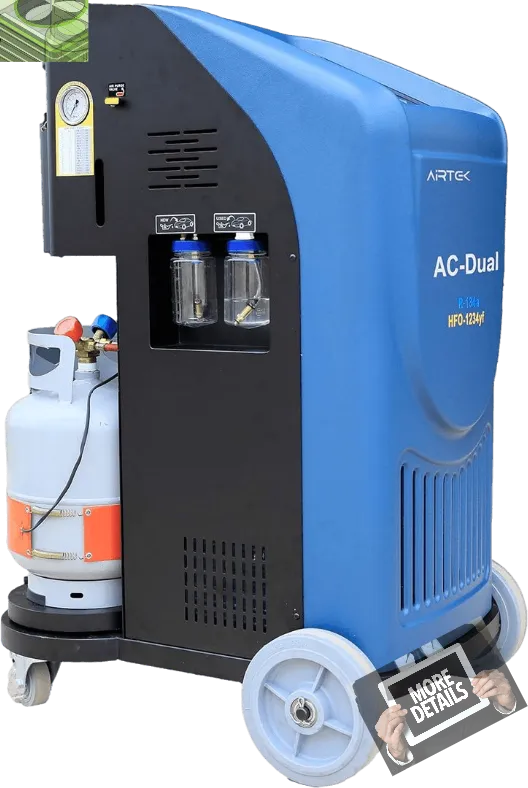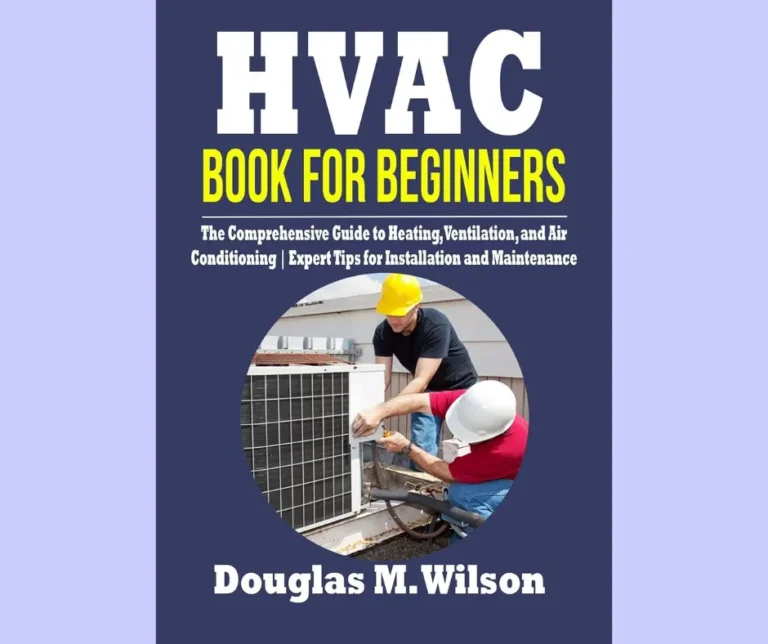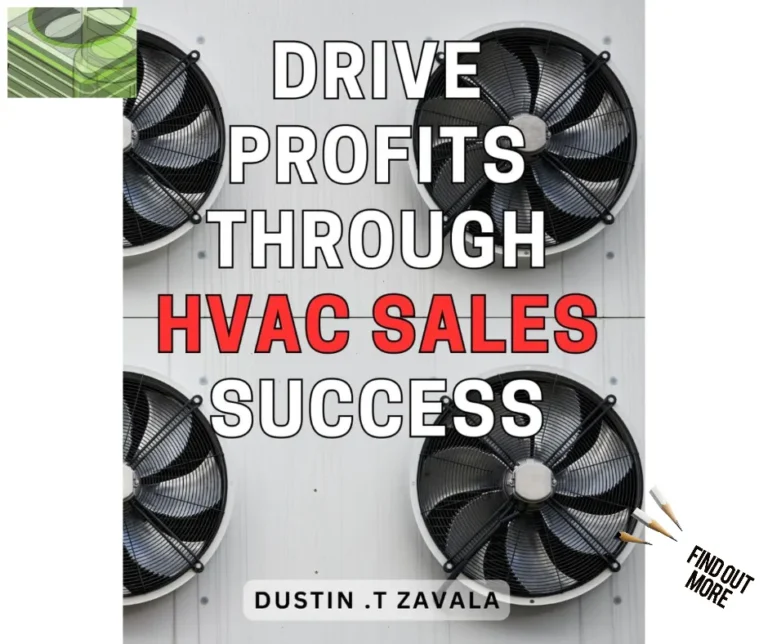HVAC Tips and Tricks for Every Season
As a homeowner, maintaining a comfortable and efficient living environment year-round is essential, and your HVAC system plays a pivotal role in achieving this goal.
Whether you’re bracing for the sweltering heat of summer or preparing for the biting cold of winter, understanding how to optimize your heating, ventilation, and air conditioning system can make all the difference.
In this article, you will discover valuable tips and tricks tailored for each season, empowering you to enhance your HVAC performance, improve energy efficiency, and extend the lifespan of your system.
You’ll learn how routine maintenance, strategic temperature settings, and HVAC Tips and Tricks for Every Season with the right adjustments can lead to significant savings on your utility bills while ensuring a cozy atmosphere for you and your family.
From simple DIY tasks to professional recommendations, our insights will equip you with the knowledge needed to tackle the challenges posed by fluctuating weather conditions.
Prepare to take control of your home’s climate and navigate through each season with confidence.
Embrace the wisdom of HVAC best practices and transform your living space into a sanctuary of comfort, regardless of what Mother Nature has in store.
Let’s dive into the essential tips that will keep your HVAC system running smoothly all year long.
Table of Contents HVAC Tips and Tricks for Every Season
Understand HVAC basics for beginners
Grasping the fundamentals of HVAC is essential for anyone looking to enter the field or manage their own climate control systems.
As you explore career opportunities in heating and air conditioning, you’ll find that a solid understanding of key concepts—such as refrigeration cycles, airflow, and system efficiency—can significantly enhance your ability to tackle projects ranging from residential installations to commercial upgrades.
Familiarity with these basics enables you to master step-by-step procedures, ultimately allowing you to diagnose issues more effectively and implement solutions that optimize performance and energy consumption.
Additionally, by focusing on money-saving strategies within HVAC systems, you can not only reduce operational costs for your own home or business but also provide valuable insights to clients.
Understanding how to select the right equipment, perform regular maintenance, and adjust settings for maximum efficiency will empower you to create more comfortable living and working environments while lowering energy bills.
As you gain experience and knowledge, you will be better equipped to take on diverse projects, making your skills highly marketable in this growing industry.
Explore career opportunities in heating
In the heating sector, opportunities abound for those willing to refine their skills and expand their knowledge.
By pursuing a career in heating and air conditioning, you can gain access to a diverse range of projects that cater to both residential and commercial needs.
This versatility not only enhances your skill set but also positions you as a valuable asset in a field that is continually evolving.
The ongoing demand for energy-efficient solutions means that professionals who can adapt to new technologies and methods will find ample opportunities to advance their careers.
Engaging in specialized training can further elevate your expertise, allowing you to master step-by-step procedures that are critical in troubleshooting and repairing various heating systems.
As you become more proficient, you can implement money-saving strategies that benefit both your clients and your own career growth.
This not only sets you apart in a competitive job market but also ensures that you are well-equipped to contribute positively to the sustainability goals of your projects.
Transition from residential to commercial projects
shifting your focus from residential to commercial projects necessitates a comprehensive understanding of the different requirements and complexities involved.
While residential HVAC systems tend to be more straightforward, commercial projects often involve larger scale systems, intricate zoning needs, and regulatory compliance that can vary significantly.
You should familiarize yourself with the technical specifications and installation procedures that govern commercial installations, as these can differ greatly from what you are accustomed to in residential settings.
Additionally, developing strong project management skills will be crucial as you navigate the multifaceted nature of commercial work.
Collaboration with engineers, architects, and contractors is typically more pronounced in these projects, requiring you to effectively communicate and coordinate among various stakeholders.
By honing these skills and adapting your knowledge base, you enhance your ability to deliver optimal solutions in commercial environments, positioning yourself for greater opportunities and success in your HVAC career.
Master step-by-step HVAC procedures effectively
To excel in your HVAC career, it is essential to master step-by-step procedures that ensure both efficiency and safety in every project, regardless of whether it is in residential or commercial settings.
Begin by familiarizing yourself with industry standards and best practices, which serve as a foundation for any installation, maintenance, or repair work.
Follow documented procedures carefully, as they not only streamline your workflow but also minimize the risk of errors that could lead to costly setbacks.
Emphasizing attention to detail at each stage—from system design and equipment selection to final testing—will significantly enhance the quality of your work and bolster your reputation in the field.
Additionally, integrating money-saving strategies into your approach can set you apart as a knowledgeable professional.
By implementing energy-efficient solutions and staying updated on the latest technologies, you can provide clients with valuable insights that save them money in the long run.
This not only builds trust but also encourages repeat business and referrals.
Ultimately, the combination of meticulous procedure mastery and a focus on economic efficiency will empower you to effectively tackle a wide range of projects, paving the way for a successful and sustainable career in heating and air conditioning.
Implement money-saving strategies for efficiency
These strategies not only benefit your clients but can also enhance your own operational efficiency, allowing for greater profitability in your HVAC projects.
Focus on encouraging regular maintenance and inspections, as these services can help identify potential issues before they escalate into expensive repairs.
Educating clients about energy-efficient systems and smart thermostats can lead to significant savings on utility bills, making your recommendations invaluable and fostering long-term relationships.
Moreover, leveraging available rebates and incentives for energy-efficient installations can further position you as a trusted advisor.
Staying informed about local utility programs and government incentives allows you to pass on savings to your clients, making your services not only beneficial but also economically appealing.
By prioritizing these strategies, you establish yourself as a resourceful professional who is dedicated to both financial efficiency and client satisfaction, ultimately driving growth in your career within the HVAC industry.
Schedule regular maintenance for HVAC systems
Incorporating regular maintenance into your HVAC services is essential for ensuring optimal performance and longevity of systems.
By advising clients to schedule routine check-ups, you help them avoid unexpected breakdowns and costly repairs.
This proactive approach not only enhances system efficiency but also promotes energy savings, which clients will appreciate.
As you progress in your career in heating and air conditioning, mastering step-by-step procedures for maintenance can set you apart from competitors and bolster your reputation as a knowledgeable professional.
Additionally, this emphasis on regular upkeep can be particularly beneficial when transitioning from residential to commercial projects.
Commercial systems often operate under more demanding conditions, making routine maintenance even more critical.
By implementing a structured maintenance schedule, you not only safeguard the equipment but also build trust with your clients, who will recognize your commitment to their long-term satisfaction and savings.
This strategy ultimately positions you as a go-to expert in the HVAC industry, enhancing your ability to attract and retain clients across various projects.
Invest in energy-efficient equipment choices
Choosing energy-efficient equipment is a crucial aspect of optimizing HVAC systems and enhancing overall performance.
By recommending high-efficiency models, you empower your clients to reduce their energy consumption significantly, leading to lower utility bills and a smaller carbon footprint.
As you navigate your career in heating and air conditioning, understanding the benefits of various energy-efficient options allows you to provide tailored solutions to meet diverse client needs, whether in residential or commercial settings.
Incorporating energy-efficient technologies not only contributes to sustainability but also aligns with money-saving strategies that clients increasingly value.
This approach can set a new standard for your services, as clients become more aware of their environmental impact and seek professionals who prioritize sustainability.
Mastering the intricacies of energy-efficient equipment will distinguish you in the field, allowing you to handle projects with confidence and skill, while also fostering long-lasting relationships with your clients.
Learn troubleshooting tips for common issues
Troubleshooting common HVAC issues is an essential skill that can significantly enhance your proficiency in the field.
Whether you encounter problems like inconsistent temperatures, unusual noises, or airflow concerns, having a systematic approach to identifying and resolving these issues is vital.
Focusing on step-by-step procedures enables you to quickly diagnose problems, which not only saves time but also builds trust with your clients.
By honing this skill, you position yourself as a knowledgeable professional, capable of addressing both residential and commercial projects with confidence.
Equipping yourself with effective troubleshooting techniques allows you to handle unexpected challenges with ease, ensuring that you maintain smooth operations within HVAC systems.
Additionally, these strategies can lead to cost savings for you and your clients, reinforcing the importance of ongoing maintenance and timely interventions.
Ultimately, becoming adept at diagnosing and resolving common HVAC problems not only enhances your technical capabilities but also contributes to a successful and rewarding career in heating and air conditioning.
Use seasonal checklists for system performance
Incorporating seasonal checklists into your maintenance routine is a proactive strategy that enhances system performance throughout the year.
By systematically reviewing and addressing various components of HVAC systems, you can ensure optimal efficiency and longevity.
Seasonal checklists serve as a valuable guide for identifying critical tasks specific to each time of year, such as inspecting air filters, checking refrigerant levels, or ensuring proper insulation.
This methodical approach not only improves your troubleshooting skills but also helps prevent potential issues before they escalate, thereby safeguarding the investment of both residential and commercial clients.
Adopting seasonal checklists is particularly advantageous for those entering the field of heating and air conditioning.
As you build your career, these tools allow you to master step-by-step procedures while also integrating money-saving strategies into your service offerings.
By committing to regular maintenance and using these checklists, you establish a reputation for reliability and expertise, ultimately leading to increased customer satisfaction and repeat business.
This structured methodology ensures you remain well-prepared to tackle any challenges that arise, reinforcing your role as a vital asset in the HVAC industry.
Stay updated on HVAC industry trends
remaining informed about the latest developments in the HVAC sector, you position yourself as a knowledgeable professional capable of adapting to evolving technologies and practices.
Understanding current trends, such as energy-efficient systems and smart home integrations, can enhance your expertise and appeal to a broader client base.
Whether you’re working on residential or commercial projects, being aware of innovations and regulatory changes ensures that you provide optimal solutions tailored to your customers’ needs.
Moreover, staying abreast of industry trends allows you to identify new opportunities for growth and specialization within your career.
For instance, by exploring advancements in sustainable heating and cooling solutions, you can align your services with the growing demand for eco-friendly options.
This proactive approach not only enriches your skill set but also positions you competitively in the marketplace, enabling you to leverage emerging technologies to maximize efficiency and savings for your clients.
In conclusion, maintaining your HVAC system throughout the changing seasons is essential for optimal performance and comfort in your home.
By following the tips and tricks outlined in this guide, you can ensure your system operates efficiently, reduces energy costs, and prolongs its lifespan.
Regular maintenance, timely filter changes, and seasonal check-ups are key practices that you should incorporate into your routine.
Remember, a well-cared-for HVAC system not only enhances your indoor environment but also contributes to your overall well-being.
By taking proactive steps, you can enjoy a comfortable living space all year round.

